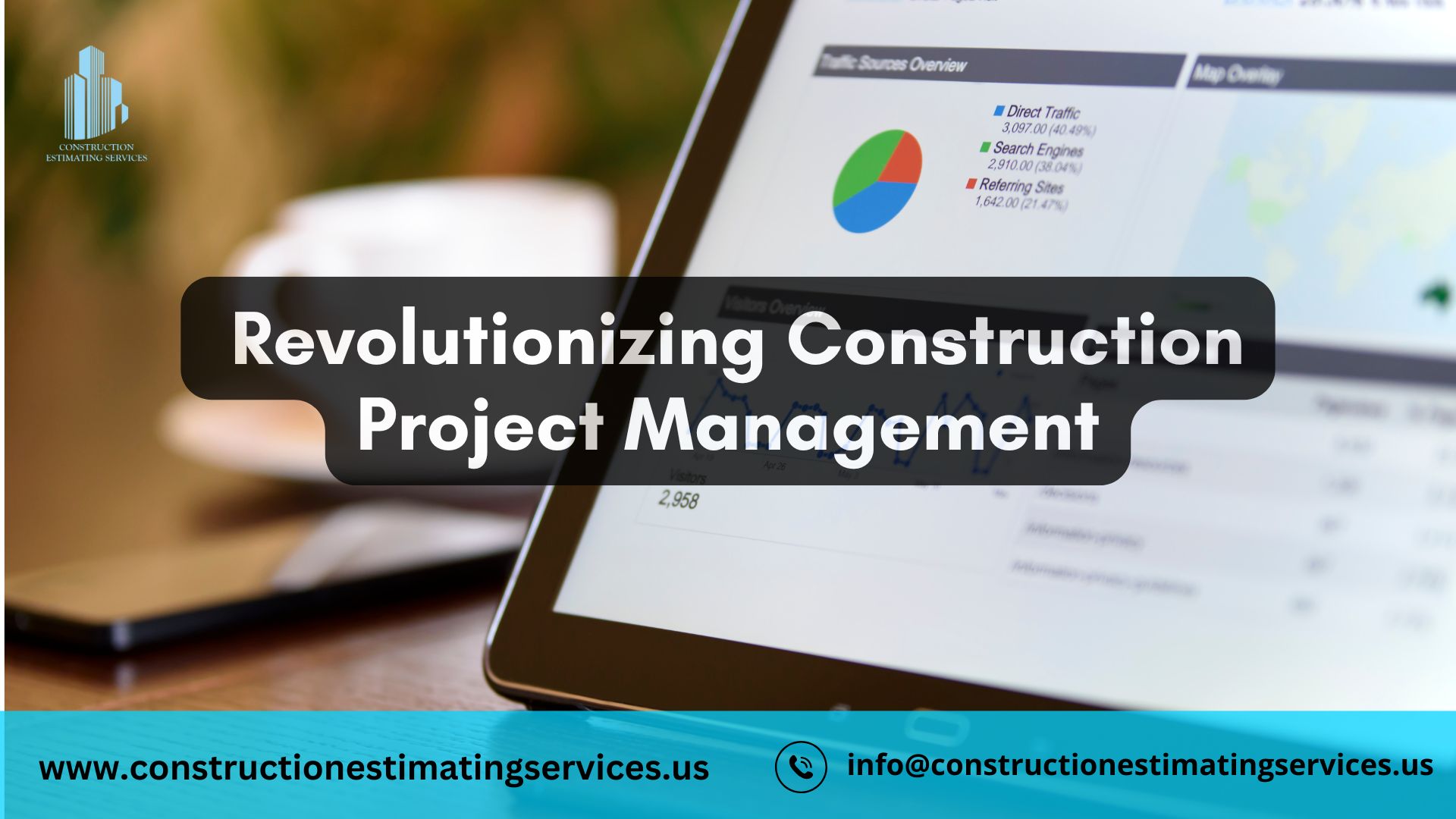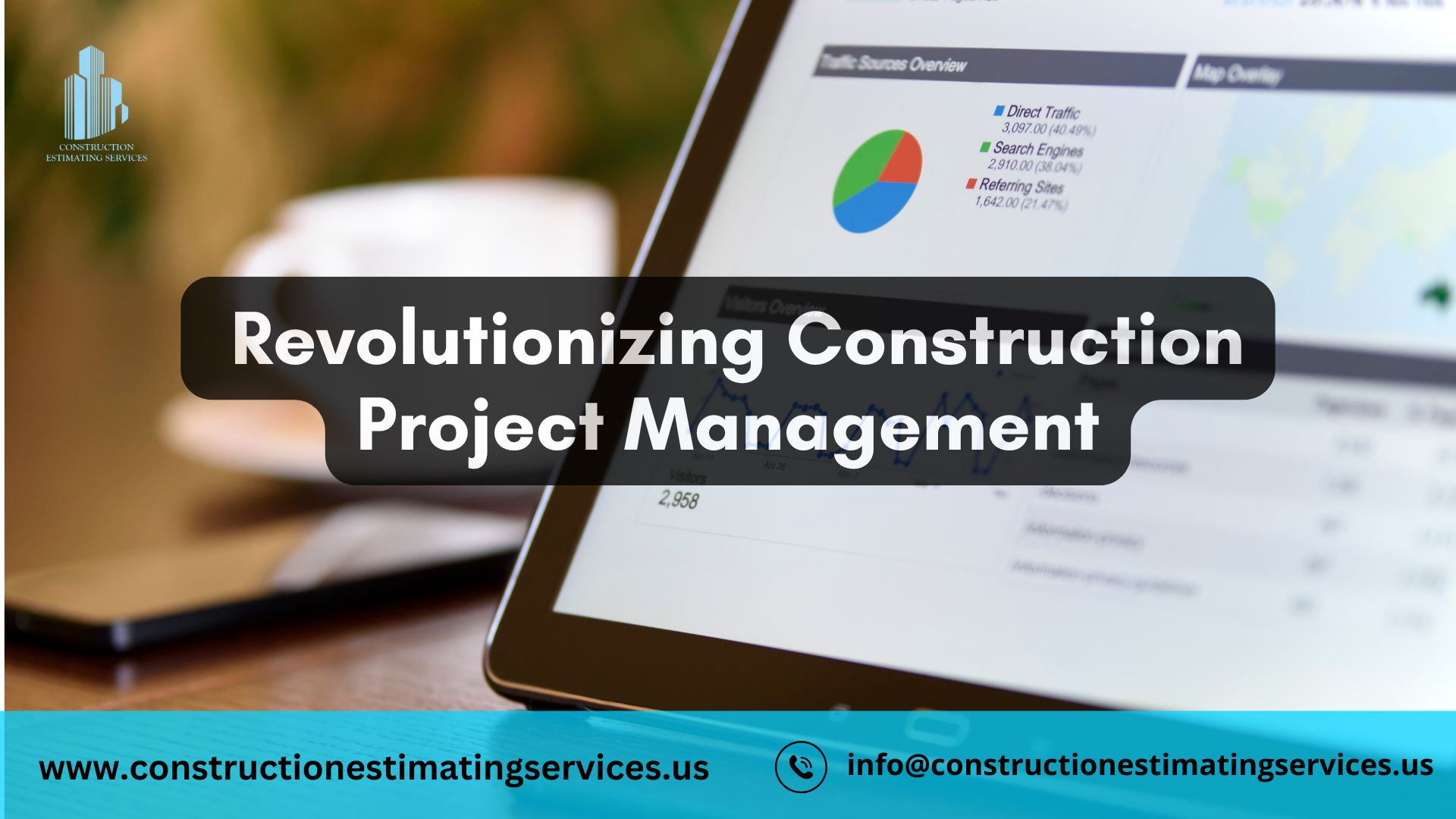Key Strategies to Hire a Quality Contractor for 2025
Hiring a quality contractor ensures your construction or renovation project runs smoothly, stays on budget, and meets your expectations. With years of experience in the construction industry, I’ve seen every kind of contractor imaginable, from those who exceed expectations to others who create disasters. To help you navigate this process, I’ve compiled effective strategies for hiring the right contractor, negotiating pricing, and maintaining control over your project.
Prerequisites Before Hiring a Contractor
Before contacting potential contractors, it’s essential to prepare thoroughly. Proper preparation can prevent many issues, even with the best contractors. Follow these steps to set your project up for success:
1. Have Detailed and Clear Drawings
Whether planning a minor renovation or a major construction project, comprehensive drawings are crucial. For smaller projects like painting or carpeting, a sketch may suffice. However, larger projects require detailed architectural drawings, especially for obtaining permits.
Engaging a professional architect to create these drawings ensures accuracy and helps avoid misunderstandings about specifications or how something should be built. Clear drawings act as a blueprint for the entire project, reducing ambiguity and ensuring consistency.
2. Create a Scope of Work Document
Alongside the drawings, prepare a detailed scope of work document. This document should outline your specific requirements and preferences, including:
- Types of materials (e.g., tiles, paint, wallpaper)
- Room-specific details
- Special instructions or preferences
A clear scope of work minimizes confusion, ensures better project quality, and helps contractors provide more accurate estimates.
3. Set a Realistic Budget
Understand the financial aspects of your project. Research average costs for similar projects in your area to create a realistic budget. This will help you identify contractors within your price range and prevent unexpected financial surprises.
Finding the Right Contractor
Finding a reliable contractor can feel overwhelming, but with these methods, you can identify top-quality professionals:
1. Leverage Online Platforms
- The Blue Book Network: Ideal for commercial projects, this platform connects you with top-tier contractors specializing in offices, restaurants, and other commercial spaces.
- HomeAdvisor: For residential projects, HomeAdvisor is a trusted source. It provides reviews and ratings from previous clients, helping you assess contractors’ reliability and work quality.
2. Conduct a Google Search
If online platforms don’t yield suitable options, use Google to search for contractors in your area. Pay close attention to reviews, ask for referrals, and request a portfolio of completed projects to gauge their capabilities.
3. Seek Recommendations
Word of mouth is invaluable. Ask friends, family, or colleagues for recommendations based on their experiences. Personal referrals often provide insights into a contractor’s reliability and professionalism.
Evaluating Contractors
Once you’ve identified potential contractors, evaluate them thoroughly to ensure you’re making the right choice:
1. Request Multiple Bids
Get at least three bids to compare pricing and services. This provides a broader perspective and strengthens your negotiation position. Consider obtaining five or six bids for a more comprehensive comparison of larger projects.
2. Prioritize Expertise Over Price
While it may be tempting to choose the lowest bid, remember that cheaper isn’t always better. Look for contractors with:
- Relevant experience
- Positive client reviews
- Proper licensing and insurance
To avoid potential issues, a contractor’s expertise and professionalism are worth the investment.
3. Verify Insurance and Licenses
Ensure your contractor has general liability and workers’ compensation insurance. This protects you from financial liability in case of accidents or property damage during the project. Verify their licenses to confirm they meet local regulations and standards.
4. Review Past Work
Ask contractors for a portfolio of their previous projects. Visit completed sites if possible to assess the quality of their work firsthand. Additionally, I request references and follow up with past clients to understand their experiences.
Negotiating the Best Deal
Negotiating prices with contractors doesn’t have to be intimidating. Use these strategies to get the best value for your money:
- Compare Detailed Bids: Examine each bid carefully, ensuring all include the same scope of work. Look for discrepancies or overlaps, such as multiple bids covering the same tasks.
- Use Competitive Quotes: Identify the lowest bid and use it as leverage to negotiate better prices with other contractors. Be upfront about your budget and willingness to start immediately if they offer competitive pricing.
- Seek Value, Not Just Cost: Instead of focusing solely on price, consider the overall value, including quality of materials, timeline, and contractor expertise.
Creating a Contract
Once you’ve selected a contractor, formalize the agreement with a detailed contract. Here’s what to include:
- Project Scope: Clearly outline the work to be performed.
- Timeline: Specify start and end dates.
- Payment Terms: Define payment schedules and milestones.
- Insurance and Liability: Include proof of insurance.
- References to Drawings: Link the contract to your drawings and scope of work for clarity.
Consider consulting an attorney to ensure the contract protects your interests.
Red Flags to Watch For
Even with thorough preparation, be cautious of these warning signs:
- Lack of Communication: Contractors who are slow to respond or unclear in their communication may cause issues during the project.
- Unrealistically Low Bids: Extremely low prices could indicate subpar work or hidden costs.
- No References or Portfolio: A lack of past work examples should be a dealbreaker.
Staying in Control of Your Project
After hiring a contractor, maintain control to ensure the project stays on track:
- Regular Updates: Schedule weekly meetings or calls to discuss progress.
- Document Changes: Keep a record of any changes to the scope of work, including costs and timelines.
- Monitor Quality: Visit the site regularly to ensure the work meets your standards.
Conclusion
Hiring a quality contractor in 2025 requires careful planning, thorough research, and effective communication. By following these strategies, you can avoid common pitfalls, negotiate fair pricing, and ensure your project’s success. Remember, investing time and effort in finding the right contractor pays off in the form of a stress-free construction experience. Good luck with your project, and here’s to a successful partnership with the perfect contractor!












